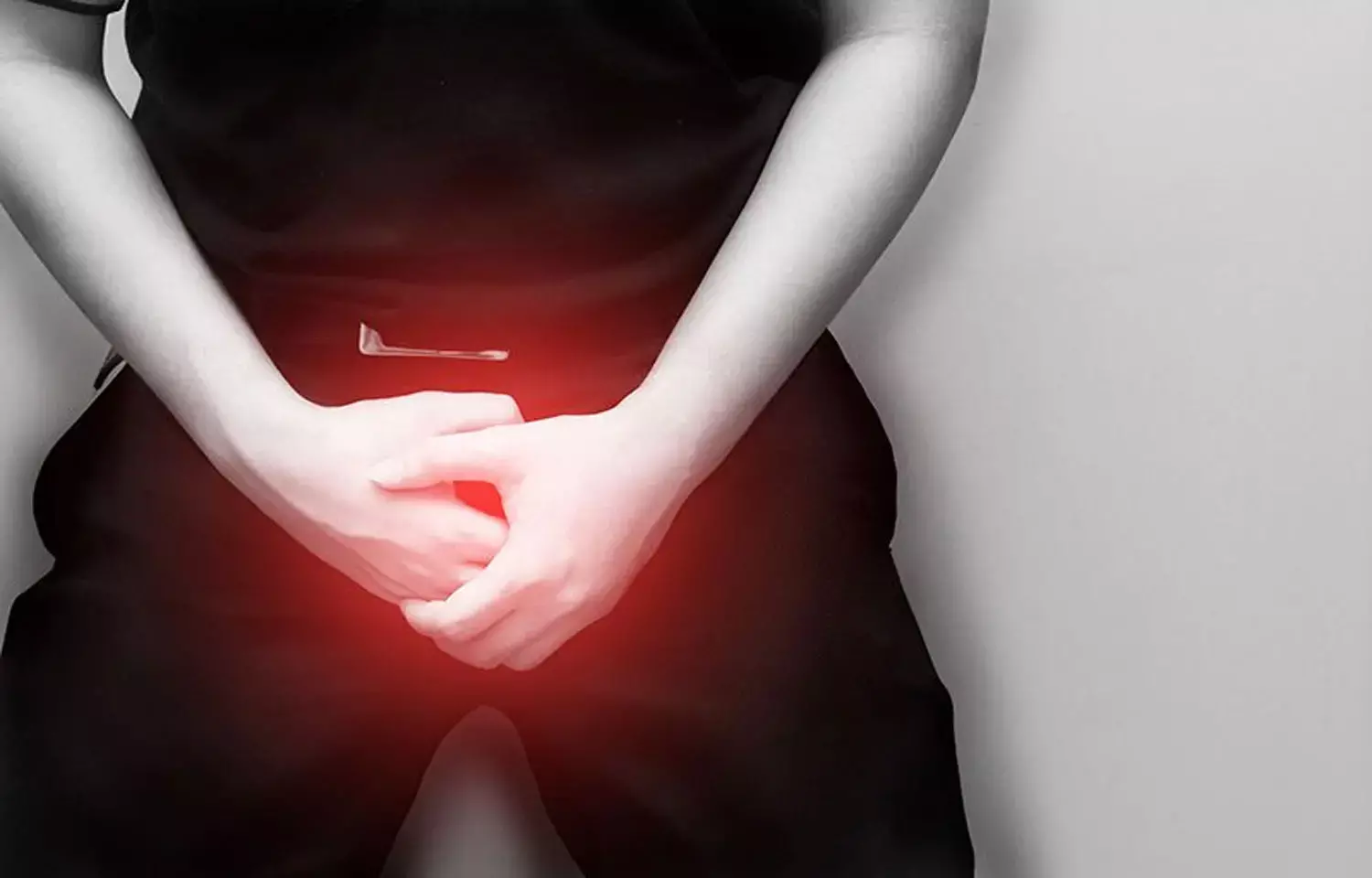- Home
- Medical news & Guidelines
- Anesthesiology
- Cardiology and CTVS
- Critical Care
- Dentistry
- Dermatology
- Diabetes and Endocrinology
- ENT
- Gastroenterology
- Medicine
- Nephrology
- Neurology
- Obstretics-Gynaecology
- Oncology
- Ophthalmology
- Orthopaedics
- Pediatrics-Neonatology
- Psychiatry
- Pulmonology
- Radiology
- Surgery
- Urology
- Laboratory Medicine
- Diet
- Nursing
- Paramedical
- Physiotherapy
- Health news
- Fact Check
- Bone Health Fact Check
- Brain Health Fact Check
- Cancer Related Fact Check
- Child Care Fact Check
- Dental and oral health fact check
- Diabetes and metabolic health fact check
- Diet and Nutrition Fact Check
- Eye and ENT Care Fact Check
- Fitness fact check
- Gut health fact check
- Heart health fact check
- Kidney health fact check
- Medical education fact check
- Men's health fact check
- Respiratory fact check
- Skin and hair care fact check
- Vaccine and Immunization fact check
- Women's health fact check
- AYUSH
- State News
- Andaman and Nicobar Islands
- Andhra Pradesh
- Arunachal Pradesh
- Assam
- Bihar
- Chandigarh
- Chattisgarh
- Dadra and Nagar Haveli
- Daman and Diu
- Delhi
- Goa
- Gujarat
- Haryana
- Himachal Pradesh
- Jammu & Kashmir
- Jharkhand
- Karnataka
- Kerala
- Ladakh
- Lakshadweep
- Madhya Pradesh
- Maharashtra
- Manipur
- Meghalaya
- Mizoram
- Nagaland
- Odisha
- Puducherry
- Punjab
- Rajasthan
- Sikkim
- Tamil Nadu
- Telangana
- Tripura
- Uttar Pradesh
- Uttrakhand
- West Bengal
- Medical Education
- Industry
Non-invasive vacuum erection device improves curvature in Peyronie's disease: CUAJ

Canada: Vacuum erection device (VED) traction therapy may improve curvature resolution in patients opting for non-invasive management of Peyronie's disease (PD), suggests a recent study in the Canadian Urological Association Journal.
Peyronie's disease, a connective tissue disorder of the penis, affects about 0.7– 11% of men. Numerous treatments have been proposed for the disorder. Options for invasive management include injectable or surgical therapy while penile traction therapy with VED is a non-invasive approach. Landan P. MacDonald from Dalhousie University in Canada and colleagues assessed outcomes for PD patients who opt for non-invasive management.
The researchers performed a retrospective analysis for 53 PD patients who were followed for at least 3 months and opted for non-invasive therapy. The patients were instructed to initiate VED traction therapy for 10 minutes twice per day. At initial and subsequent encounters, patients were assessed for the degree of PD deformity and erectile function (Sexual Health Inventory for Men [SHIM] score).
Key findings of the study include:
- Among untreated patients who did not use a VED, nine showed improvement, 20 remained stable, and four had worsening curvature.
- The untreated group had a significant change in curvature, with a mean improvement (SD) of 3.6 (12) º.
- All 20 men who initiated VED traction therapy had an improvement in curvature with a significant mean (SD) improvement of 23 (16) º.
- Changes in SHIM scores did vary significantly between groups.
- No complications were noted.
"In patients opting for non-invasive management of PD, VED traction therapy provided improved curvature resolution compared to those who do not use such a device," concluded the authors.
The study, "Outcome analysis of patients with Peyronie's disease who elect for vacuum erection device therapy," is published in the Canadian Urological Association Journal.
DOI: https://cuaj.ca/index.php/journal/article/view/6205
Dr Kamal Kant Kohli-MBBS, DTCD- a chest specialist with more than 30 years of practice and a flair for writing clinical articles, Dr Kamal Kant Kohli joined Medical Dialogues as a Chief Editor of Medical News. Besides writing articles, as an editor, he proofreads and verifies all the medical content published on Medical Dialogues including those coming from journals, studies,medical conferences,guidelines etc. Email: drkohli@medicaldialogues.in. Contact no. 011-43720751


